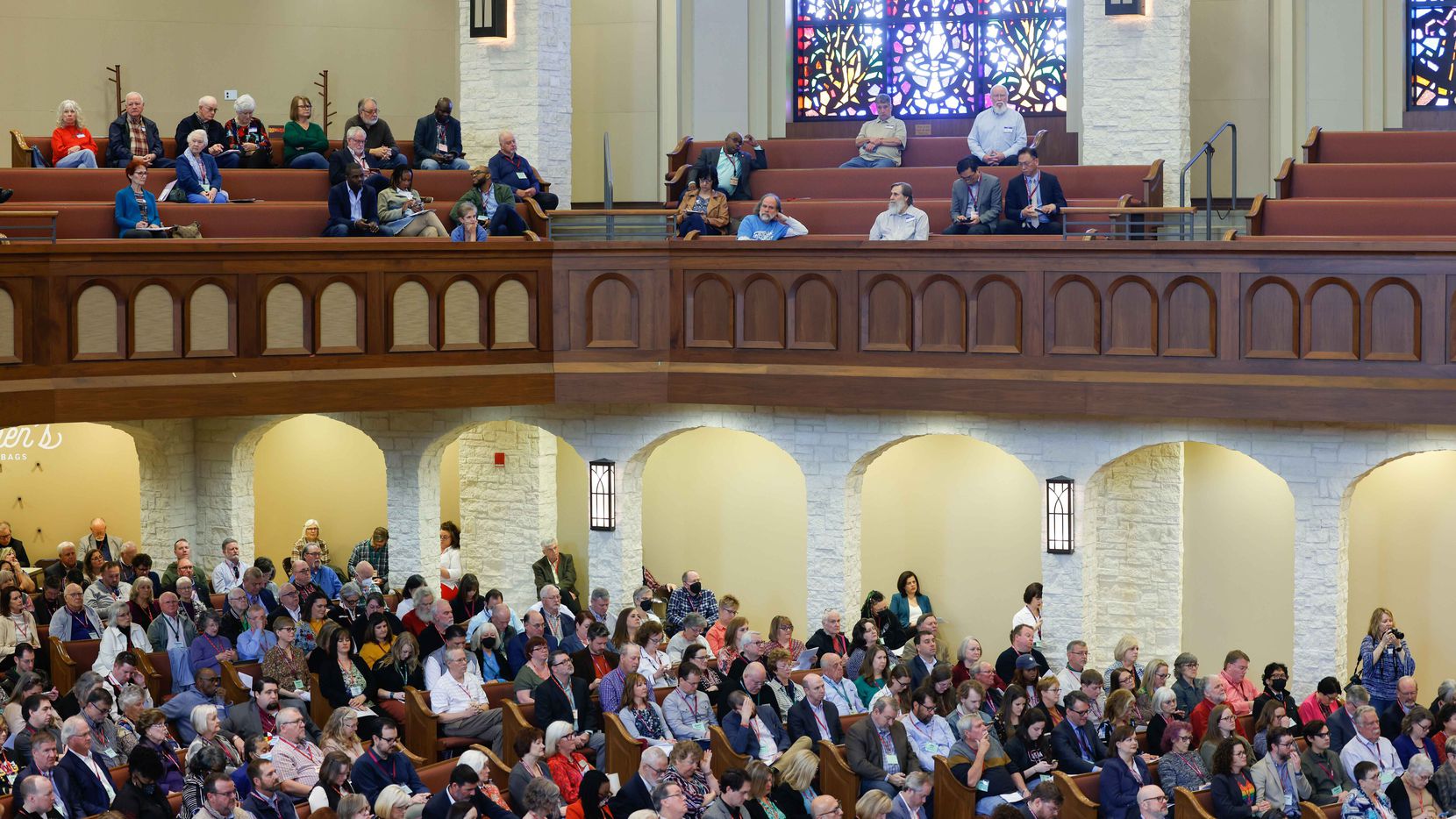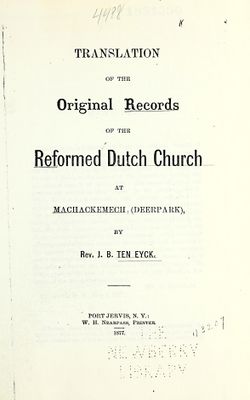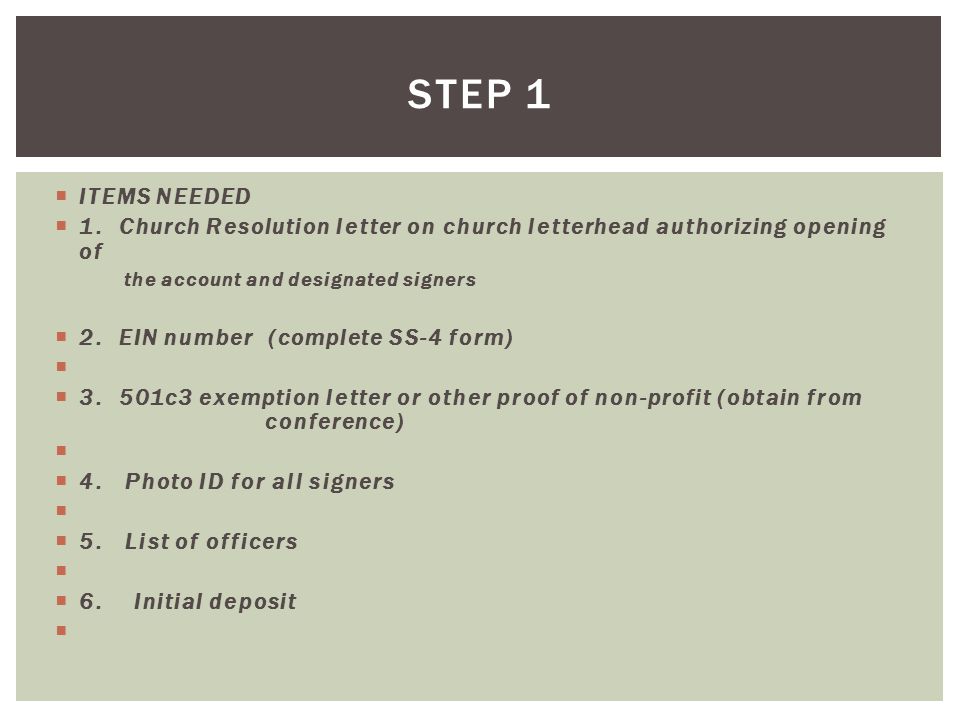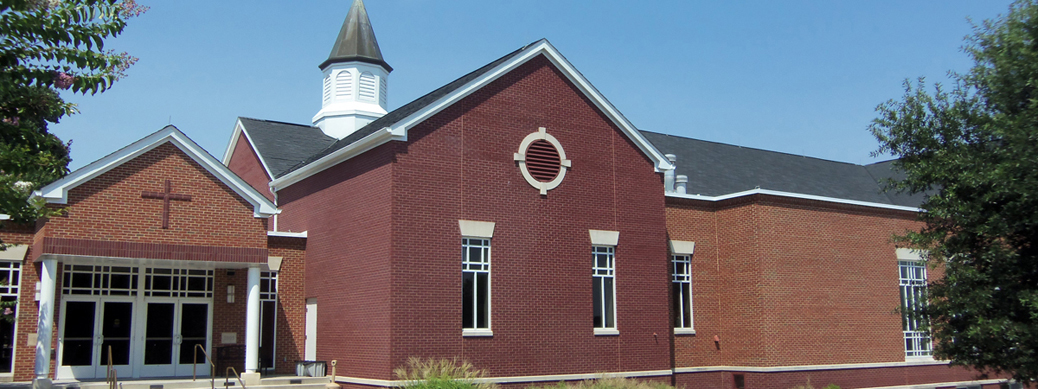The United Methodist Church (UMC) is a mainline Protestant denomination that has been experiencing a decline in membership and disaffiliation in recent years. This phenomenon is not unique to the UMC and is happening among other mainline denominations as well. This article will explore the reasons why Methodist churches are disaffiliating and the factors that contribute to this trend.
Background on the United Methodist Church
The United Methodist Church was formed in 1968 through the merger of the Methodist Church and the Evangelical United Brethren Church. The denomination is known for its strong emphasis on social justice and service, and it operates a number of mission programs both in the US and abroad.
Reasons for Disaffiliation
There are a number of reasons why churches may choose to disaffiliate from the United Methodist Church. Some of the most common reasons include disagreements over theological issues, such as the ordination of gay and lesbian clergy, and concerns about the denomination’s organizational structure and decision-making processes.
Decline in Membership
Another factor contributing to the disaffiliation of Methodist churches is the decline in membership. Like many mainline denominations, the UMC has seen a steady decline in attendance and membership in recent decades. This decline is due to a number of factors, including an aging population and a lack of younger members.
The decline in membership has led to financial difficulties for many churches, as they struggle to keep their doors open and maintain their facilities. In some cases, churches have been forced to merge or close due to financial constraints. In other cases, churches have chosen to disaffiliate in order to reduce their financial burden and focus on their local community.
Lack of Clarity
Another factor that is contributing to the disaffiliation among Methodist churches is a lack of clarity in the UMC’s mission and purpose. This can be seen in the way that the UMC has struggled to articulate a clear and consistent message on social and political issues, which has left many members feeling confused and disconnected from the denomination.
Additionally, the UMC has been criticized for its bureaucratic structure, which can make it difficult for churches to navigate and get the support they need. This can lead to a sense of isolation and frustration among churches, which can contribute to their decision to disaffiliate.
In conclusion, the disaffiliation of Methodist churches is a complex issue that is driven by a variety of factors. Theological differences, declining membership, and a lack of clarity in the UMC’s mission and purpose are all contributing to this trend. While the UMC is facing challenges, it is important to remember that the church is a living organism that is constantly evolving and adapting to the needs of its members and the world around it.
The United Methodist Church is one of the largest Protestant denominations in the United States, with an estimated 7 million members. However, in recent years, there has been a growing movement among some churches to disaffiliate from the denomination. This article will explore the reasons behind this trend and provide an overview of the number of churches that have disaffiliated in the US.
Disagreements over Theological Issues
One of the main reasons for disaffiliation among United Methodist churches is disagreements over theological issues. For example, the denomination has been grappling with the issue of ordaining gay and lesbian clergy for several decades, and some churches have left the denomination over this issue.
One of the main reasons for disaffiliation among Methodist churches is the growing theological differences within the denomination. The UMC has been grappling with issues related to human sexuality, particularly the ordination of LGBTQ+ individuals and the blessing of same-sex marriages. These issues have led to a divide within the denomination, with some churches and members advocating for a more progressive stance while others hold to a more traditional interpretation of scripture.
This divide has led to a number of churches leaving the UMC to join more conservative denominations that align with their beliefs. Additionally, some churches have chosen to disaffiliate and become independent, non-denominational congregations. This trend has been particularly pronounced among churches in the southern and midwestern regions of the United States.
Concerns about Organizational Structure
Another reason for disaffiliation among United Methodist churches is concerns about the denomination’s organizational structure and decision-making processes. Some churches feel that the denomination is too centralized and that decisions are made without adequate input from local congregations.
Number of Disaffiliated Churches
According to the United Methodist News Service, as of 2021, there are more than 100 churches have disaffiliated from the United Methodist Church. This number is expected to increase in the coming years as more churches consider disaffiliation.
Geographic Distribution of Disaffiliated Churches
The United Methodist churches that have disaffiliated are found across the United States, with the majority being located in the South and Midwest. However, there are also disaffiliated churches in other regions, including the Northeast and West.
Impact on Remaining United Methodist Churches
While the number of disaffiliated churches is relatively small compared to the overall number of United Methodist churches in the US, their departure does have an impact on the remaining churches. For example, disaffiliation may lead to a decline in membership and financial contributions.
Future of the United Methodist Church
The trend of disaffiliation among United Methodist churches raises questions about the future of the denomination. Some experts predict that the denomination may eventually split over theological and organizational differences, while others believe that the United Methodist Church will continue to evolve and adapt in response to the changing needs of its congregations.
In recent years, a growing number of United Methodist churches in the US have chosen to disaffiliate from the denomination. The reasons for this trend include disagreements over theological issues and concerns about the denomination’s organizational structure and decision-making processes. While the number of disaffiliated churches is relatively small, their departure does have an impact on the remaining churches and raises questions about the future of the United Methodist Church.
References
- United Methodist News Service. (2021). “Over 100 churches have disaffiliated from UMC in recent years.” https://www.umnews.org/en/news/over-100-churches-have-disaffiliated-from-umc-in-recent-years
- The United Methodist Church. (n.d.). “About Us.” https://www.umc.org/about-us
Readmore:






